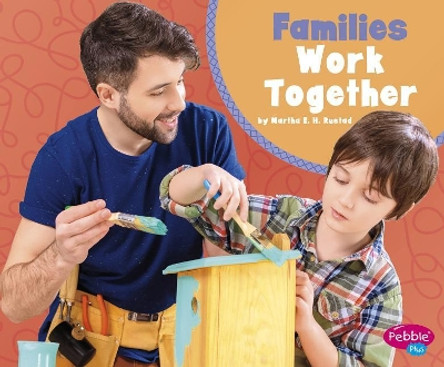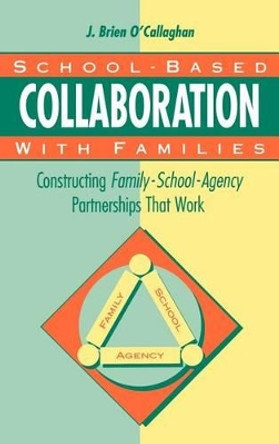Description
Families as Partners in Education is the most comprehensive book on the market covering the history of family/school collaboration, current issues and population trends affecting American schools and communities, diverse family structures, and techniques for establishing connections with parents and encouraging involvement with their child's learning. Among other themes, the book emphasizes the importance of funds of knowledge for children's development and for effective partnerships with families (the knowledge that children acquire from their families) and the concept of funds of identity as a catalyst for educators to understand their own identity. Throughout the book, the authors make connections to these concepts not only to help educators understand child development, but also to show how children develop within the context of their families.
The 10th Edition continues to highlight important parent involvement programs and how such programs are often successful because of their asset-based view of families, particularly those that are diverse, as well as those with children with special abilities. Updated theory and research are included throughout the text, as well as new situational vignettes that illustrate typical parent-school situations.
About the Author
Mari Riojas-Cortez became interested in family engagement when she was a bilingual teacher working with young children in San Antonio, Texas. She learned early in her career that families play a very important role in children's development, and she developed strong relationships by welcoming families to her classroom and inviting them to participate in different aspects of their children's education. Mari understood what many Latino families faced because her parents faced the same cultural and linguistic barriers when they arrived in the United States from Mexico. After completing her degree in educational leadership, Mari's interests in early childhood education led her to The University of Texas at Austin, where she received a doctorate in curriculum and instruction with a concentration in early childhood education and bilingual education in 1998.
Currently, she is Professor of Early Childhood Education at the University of Texas at San Antonio, where she collaborates with local school districts and early childhood agencies in various capacities. Additionally, Mari's work has been published in a variety of journals including Journal of Early Childhood Research, International Journal of Early Childhood Education, Young Children, Early Child Development and Care, Journal of Early Childhood Teacher Education, Language Arts, and the Bilingual Research Journal, among others. Mari Riojas-Cortez also serves as Editor for Dimensions of Early Childhood (a journal published by the Southern Early Childhood Association).
Eugenia Hepworth Berger became interested in parent involvement when she and her husband, Glen, became the parents of three children who attended public schools. A professional in early childhood education, sociology, and family life education, and parent education for more than 35 years, she has two master's degrees and a PhD. in sociological foundations of education. Eugenia has been active in many professional organizations, including the Association for Childhood Education International, the National Association for the Education of Young Children (life member), and the National Council for Social Studies. She served on the board for the National Association of Early Childhood Educators, the Colorado Association for Childhood Education, the Colorado Association for the Education of Young Children, and was president of the Rocky Mountain Council on Family Relations. After finishing her doctorate at the University of Denver, she became a faculty member at Metropolitan State College. She retired in December 1997 and is now professor emerita of education.
Reviews
"I like the concept of "funds of knowledge" and the examples. I also think the inclusion of the discussion on child development and brain development is important; it is easy to understand... I like the discussion of the stages of parenthood. Also, parenting styles are important to know so each individual can determine changes that might need to be addressed... I really like the inclusion of literature to help children further understand culture and diversity... I would strongly adopt this textbook."
- Gwen Walter
"I appreciate that the discussion about family engagement is not limited to a Western definition. This is a strength... The strengths of the book are the topics covered... and the use of scenarios in the writing. Another strength is the research completed to write succinct sections on laws and programs related to young children and their families."
- Robin Fox, University of Wisconsin-Whitewater
"I love that the importance of infancy is clearly stated in the chapter as this is a developmental period that often gets overlooked in its importance for setting a solid foundation for the rest of childhood... I like that different types of parental attitudes are explored and included. This will make it easier for students to think about their own parents' level of involvement and how it influenced their own school careers... the writing style flows well and is appropriate for students. I also think the structure and organization of each chapter makes it more engaging for the reader."
- Tisha Rivera, California State University, Fullerton
Book Information
ISBN 9780135196724
Author Eugenia Berger
Format Paperback
Page Count 400
Imprint Pearson
Publisher Pearson Education (US)









